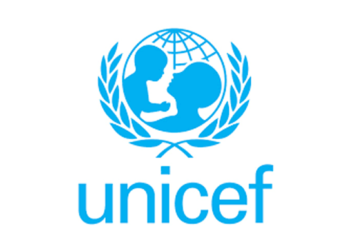A United Kingdom-based health economist, Dr. Damilola Olajide, has warned that excessive regulation of the tobacco industry in Nigeria may affect the manufacturers’ social responsibilities to the society.
Olajide, while delivering a lecture, titled, ‘Balancing regulation with product health hazards: Case for tobacco use in Nigeria,’ at a policy dialogue recently organised by the Initiative for Public Policy Analysis in Lagos, said that over-regulation of the industry could force manufacturers to reconsider their input in areas, such as the funding of cancer research in health institutions or the sponsorship of smoking cessation programmes across the country.
“The issue is not to force manufacturers to stop production because they are also employers of labour. But we can make them more responsive to fund cancer research or other programmes that are beneficial to the society,” he said.
Olajide pointed out that, even as available data on tobacco use in Nigeria did not support an over-regulated tobacco industry, “the industry is heavily saturated with regulations and the current level of regulation seems to be in favour of doing the dictates of the World Health Organisation instead of what is required locally.”
He argued that since the effectiveness of regulation of tobacco use was slightly dependent on addressing “a complementary behaviour, which is alcohol consumption, the relevant regulatory agencies ought to recognise that there is a social and economic dimension to tobacco use, which requires targeted regulatory regimes and not just a blanket regulation.”
Expert faults regulation of tobacco industry
0
Leave a Reply Cancel reply
BROWSE BY CATEGORIES
- #SmartLagos
- Basketball
- Beauty
- Boxing
- Breaking
- Business
- Careers
- Crime
- Default
- Education
- Entertainment
- Event
- Fashion
- Featured
- Football
- Gaming
- Gist
- Golf
- Health
- Inspirational Patience
- Interview
- Investigative
- Law
- Lifestyle
- local
- MetroMan
- MetroPerson
- metroplus
- MetroProfile
- Movies
- Music
- MUSIC
- New Music
- News
- nolly wood
- Nollywood
- Novels
- Odawood
- Opinion
- Parenting
- Photos
- Politics
- Press Release
- Relationship
- Religion
- Scandal
- Security
- Sex
- Society
- Sports
- Technology
- Travel
- TV
- Videos
- Weird
- Wheels
- World
BROWSE BY TOPICS
#COVID19Nigeria
#EndSARS
Adams Oshiomhole
Akinwunmi Ambode
APC
ASUU
atiku
Atiku Abubakar
Big brother Naija 2020
boko haram
Buhari
Bukola Saraki
CBN
court
COVID-19
davido
ECOWAS
Edo Election
Edo State Election
efcc
Featured
FG
Goodluck Jonathan
gunmen
INEC
Kayode Fayemi
Lagos
Lagos State
MohBad
Muhammadu Buhari
NCDC
NDLEA
Niger
Nigeria
NLC
Obaseki
Otunba Gbenga Daniel
PDP
police
President Buhari
Sanwo Olu
senate
tinubu
wike
Yemi Osinbajo
© Copyright MetroNews NG 2020. All rights reserved.









